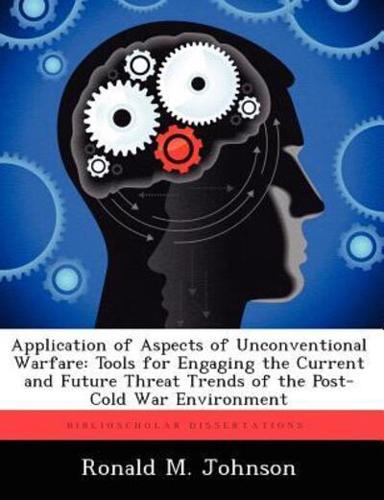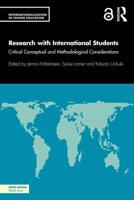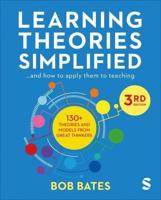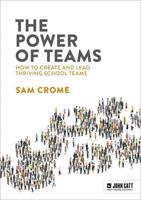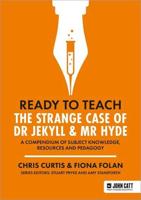Publisher's Synopsis
This study investigates the aspects and nature of unconventional warfare operations from pre-Cold War, Cold War, and post-Cold War environments. The case studies examined are: unconventional warfare operations in the Philippines (World War II), unconventional warfare operations with the Contra Rebels, and unconventional operations during Operation Uphold Democracy. Critical factors are identified for each operation. By analyzing the critical aspects of case studies spanning a full range of periods and operational environments, parallels and trends are established. The threat trends expected in the post-Cold War environment are established and parallel aspects of unconventional warfare are evaluated against them. The post-Cold War environment promises to be one of ambiguity and asymmetry, with Special Forces soldiers working through and with indigenous forces. To be successful in this environment, Special Forces soldiers must be technically and tactically proficient, with an emphasis on indirect skills. Indirect skills enable SF soldiers to be flexible and adaptive to fluid changes in the operational and political environment. Primarily, the human element must be amplified. By focusing on cross-cultural communications, linguistics, interpersonal, human intelligence, and training skills, SF training will produce competent and versatile unconventional warriors capable of meeting the diverse threats expected in the post-Cold War environment.
